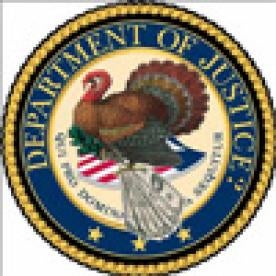On August 3, Judge Edgardo Ramos of the Southern District of New York denied hospital defendants’ motions to dismiss in United States ex rel. Kane v. Healthfirst, Inc., et al., No. 11 CIV 2325 (S.D.N.Y. Aug. 3, 2015), keeping alive a much-followed whistleblower case accusing several New York hospitals of violating the FCA by failing to report and return “identified” overpayments within 60 days as prescribed by the Affordable Care Act. The SDNY decision represents the first court interpretation of the hotly debated meaning of the term “identified” in the 60-day rule. Judge Ramos found that an overpayment is identified “when a provider is put on notice of a potential overpayment,” not, as argued by the hospitals, when “an overpayment is conclusively ascertained.” Id. at 23.
The defendants had argued that mere notice of potential overpayments was not sufficient to trigger application of the 60-day rule because the term “identified” means to be “classified with certainty.” Id. at 17. According to the defendants, a February 2011 email and spreadsheet prepared by relator Kane did not classify any overpayment with certainty because the spreadsheet was merely a preliminary analysis of potential claims. Id. The court rejected this reasoning, instead accepting DOJ’s alternative definition of “identified” that would be satisfied where a person is “put on notice” that a claim may have been overpaid. Id.
In reaching its conclusion, the court also discarded the hospitals’ argument that the DOJ’s definition would place an “unworkable burden” on providers who would be forced to conduct an onerous review, audit, and reimbursement process of potentially thousands of claims in a narrow 60-day period to avoid the FCA’s excessive penalties. Id. at 23-24. The court acknowledged the burden and “demanding standard of compliance” its interpretation could impose on providers, noting specifically that its definition of “identified” technically establishes an obligation “even where a provider receives an email like [relator’s], struggles to conduct an internal audit, and reports its efforts to the Government within the sixty-day window, but has yet to isolate and return all overpayments sixty one days after being put on notice.” Id. Nonetheless, the court opined that “prosecutorial discretion would counsel against the institution of enforcement actions aimed at well-intentioned healthcare providers working with reasonable haste to address erroneous overpayments” and stated that such cases would be “inconsistent with the spirit of the law and . . . unlikely to succeed.” Id. at 25-26.
The Healthfirst case undoubtedly will be an influential decision among many courts facing similar issues as the government continues its pursuit of violations of the 60-day rule.


 />i
/>i

